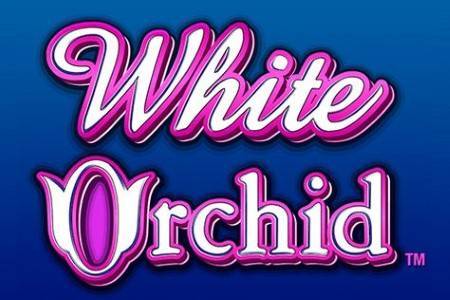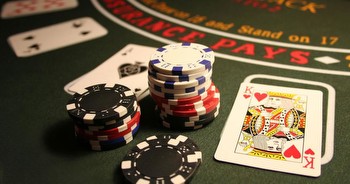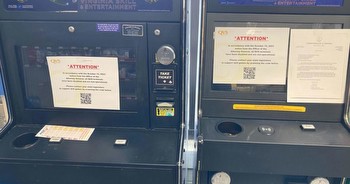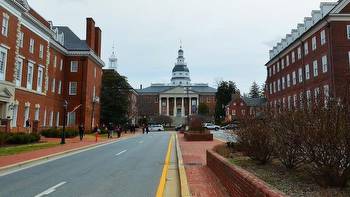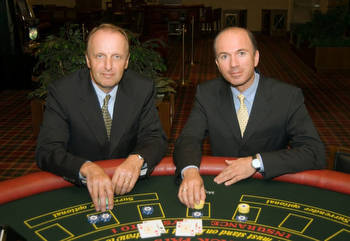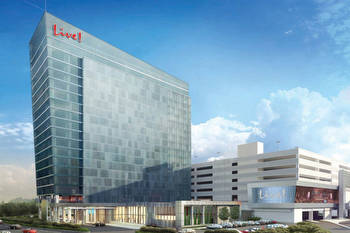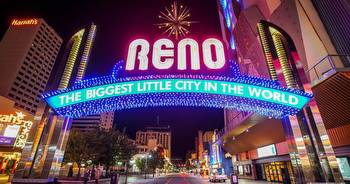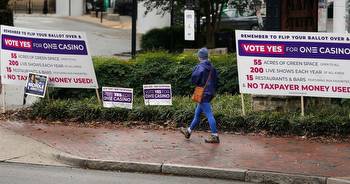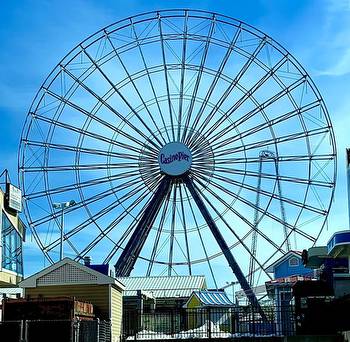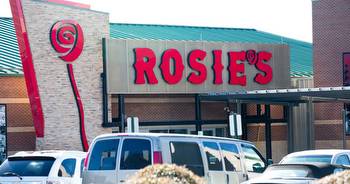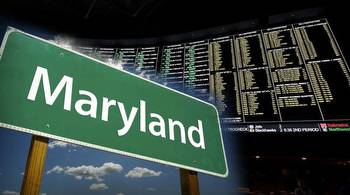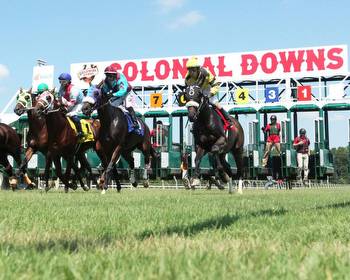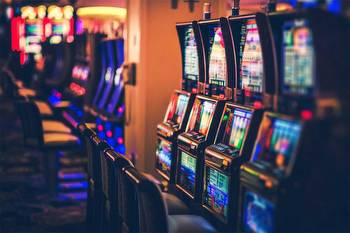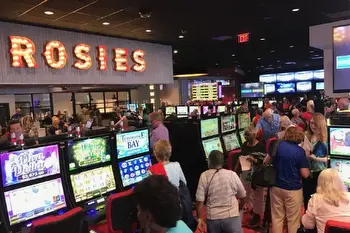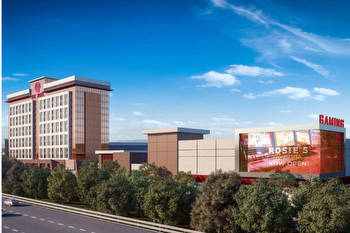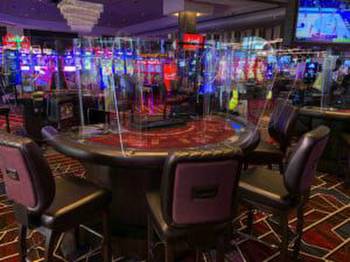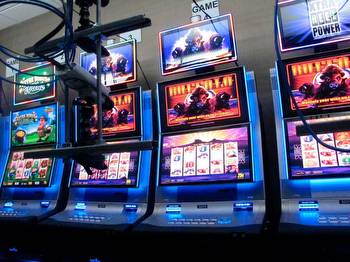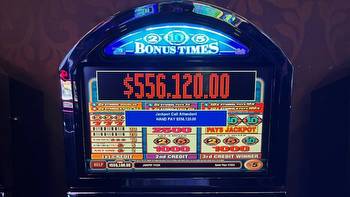Retro Reads: Colonial Beach was place for glitz and gambling
BY WENDY MIGDAL FOR THE FREE LANCE–STAR
If you’ve lived in this area for a while, you’ve probably heard the nickname “FredVegas” at some point. Though it’s used tongue-in-cheek, there was a brief time when Colonial Beach was known as the “Las Vegas on the Potomac” and noted as such in the Saturday Evening Post.
It was the 1950s, and the source of Colonial Beach’s rise to glittery fame lay in the differences between venerable Virginia and miscreant Maryland.
Maryland had legalized slot machines in the 1940s, and for a time, four counties in southern Maryland were the only places outside of Nevada where a person could play the slots. In 1949, gambling operators in Maryland found a way to ease the burden on their Virginia customers who had to drive across the U.S. 301 bridge: build piers from the Virginia side of the Potomac River past the low-water mark—not far off the Virginia shoreline—and put the slot machines there (brought over on boats to get around interstate commerce laws). Now, customers could simply stroll down a pier into another state to try to line up their lemons and cherries.
Not only that, they could drink hard liquor. Sales of liquor by the glass were illegal at the time in Virginia (though you could buy it by the gallon at an ABC store). Maryland, which had refused to enforce Prohibition in the 1920s, was only too happy to oblige its neighbors who wished to imbibe.
There was an immediate outcry from many Colonial Beach residents in July 1949, when the piers were built. (There was also a casino at Fairview Beach in King George County and a boat, the SS Freestone, operating near Leesylvania in Prince William County). Some clergymen were particularly outspoken, calling slot machines “one-armed bandits” and expressing concern about the effects of alcohol on youth. Others saw a good opportunity to make money.
Five years later, a Free Lance–Star reporter paid a visit to Colonial Beach to document in a three-part series the changes that had occurred. The town that had always been known as “the Playground on the Potomac” since it was started in 1892 by a group of Washington businessmen now had a different personality. It boasted four casinos with a total of 315 slot machines, at which people would wait in line on the weekends. Its year-round population had grown from 1,400 to 2,000. Two hundred new buildings had been constructed. The mayor said that residents had spent $2 million on property improvements. Assets in the one bank in town had nearly quadrupled.
But opinion was still mixed. Some pointed to the fact that visitors were now coming year-round instead of just in the summer. Others questioned the quality of the clientele, while the owner of the upscale New Atlanta Hotel thought a better class of people was coming. Pastors lamented the amount of drinking that went on, although the congregrations had actually grown. Interestingly, arrests were lower than in 1949.
It seems entirely likely that a great deal of the new assets in the bank belonged to one person, Delbert Wayne Conner, who appeared to the kingpin of the Colonial Beach casino scene. He owned the Little Reno Casino—now almost as large as a football field, the Jackpot, the Little Steel Pier and the Colonial Beach Hotel, a total of about 1,500 feet of beachfront property. The Reno drew big acts like Guy Lombardo and the Glenn Miller Orchestra. Conner estimated that of the 20,000 people who were now coming to Colonial Beach on the weekends, about 18,000 would walk through the Reno. The Monte Carlo Casino was the only one he didn’t have an interest in. When asked how much he was worth, he cagily replied, “I really couldn’t say. A firm in Washington handles all my books.” He pointed out the three family-friendly carnival-type rides he had already installed, with three more in the works and said, “I think now we have few people who don’t come out. I never hear anybody talking against us.”
In the summer months, ads for the casinos appeared in The Free Lance–Star several times per week. But the glory days would only last four more years after these articles were written. Virginia officials had been complaining to Maryland lawmakers for years, but the public in Maryland began to turn against the casinos as well, partly due to concerns about bribery and corruption. One Maryland judge later told the story of a lawmaker who cruised over to visit the Colonial Beach casinos and was given a pile of complimentary coins. Rather than spend them, he kept them in his pockets and when he slipped, his suspenders broke and his pants fell down, giving new meaning to the expression, “lining his pockets.” In 1958, Maryland amended its laws to require customers to enter a Maryland gambling establishment from land in Maryland, and in 1968, it phased out all its slot machines. That same year, liquor by the glass became available in Virginia.







